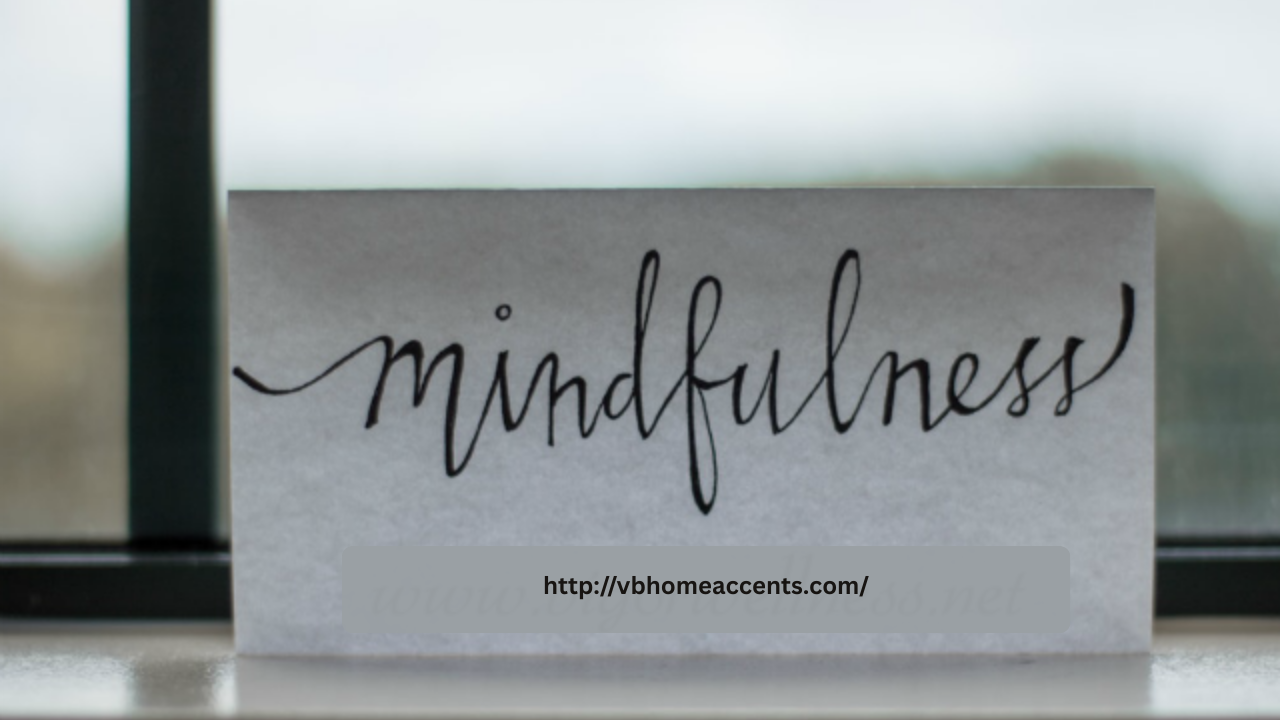
The journey to overcome addiction is often paved with personal struggle, emotional pain, and the search for purpose. While traditional treatment methods—such as detox programs, counseling, and support groups—remain foundational, many are now turning to more holistic approaches like wilderness therapy. This form of experiential treatment harnesses the power of nature and adventure to help individuals confront addiction, build resilience, and discover new paths to healing.
What Is Wilderness Therapy?
Wilderness therapy is a therapeutic approach that combines outdoor expeditions with evidence-based clinical practices. Participants, often under the guidance of licensed therapists and wilderness guides, engage in activities like hiking, camping, climbing, and navigating natural terrains. These experiences are designed not just for physical challenge, but for emotional growth and psychological transformation.
Unlike traditional clinical settings, wilderness therapy removes individuals from the distractions and pressures of everyday life. Immersed in nature, participants are encouraged to reflect, problem-solve, and engage in group discussions that foster self-awareness and personal accountability.
Adventure as a Catalyst for Change
The very nature of adventure challenges people to step outside their comfort zones. For those in recovery, this process can mirror the internal journey of overcoming addiction. Navigating rugged trails, building shelters, and overcoming obstacles in nature fosters confidence, teamwork, and perseverance—qualities essential to long-term sobriety.
Adventure in the wild also provides immediate and tangible consequences and rewards. Successes are hard-earned and deeply satisfying, whether it’s reaching the top of a hill or building a fire from scratch. These moments of triumph build self-efficacy, which is often diminished in those struggling with addiction.
The Therapeutic Benefits of Nature
Beyond the adventure aspect, the natural world itself plays a healing role. Studies have shown that spending time in nature reduces stress hormones, improves mood, and increases emotional regulation—all crucial components for addiction recovery. Being surrounded by natural beauty encourages mindfulness, helping individuals focus on the present moment rather than ruminating on past traumas or future anxieties.
Nature also offers a unique environment of non-judgment and reflection. Unlike the sterile or institutional feel of some treatment centers, the wilderness provides a safe, open space for emotional expression and personal discovery. The absence of modern conveniences compels participants to rely on themselves and others, strengthening interpersonal skills and community bonds.
Is Wilderness Therapy Effective?
Wilderness therapy has shown promising outcomes, particularly for adolescents and young adults. Many programs report reduced rates of relapse, improved emotional functioning, and increased engagement in aftercare treatment. While more long-term studies are needed, the immersive and transformative nature of wilderness therapy suggests it can be a powerful complement to traditional recovery methods.
It’s important to note that wilderness therapy is not a one-size-fits-all solution. It works best when integrated with ongoing support systems and tailored to the individual’s specific needs. Factors such as physical ability, mental health history, and personal preferences should be considered before embarking on such a program.
Conclusion
Wilderness therapy offers a compelling alternative for those seeking to overcome addiction. Through adventure, self-discovery, and immersion in nature, participants gain the tools and insights needed to reclaim their lives. As more people look beyond conventional methods, the wilderness stands as a powerful ally in the fight against addiction—offering not just recovery, but transformation.








